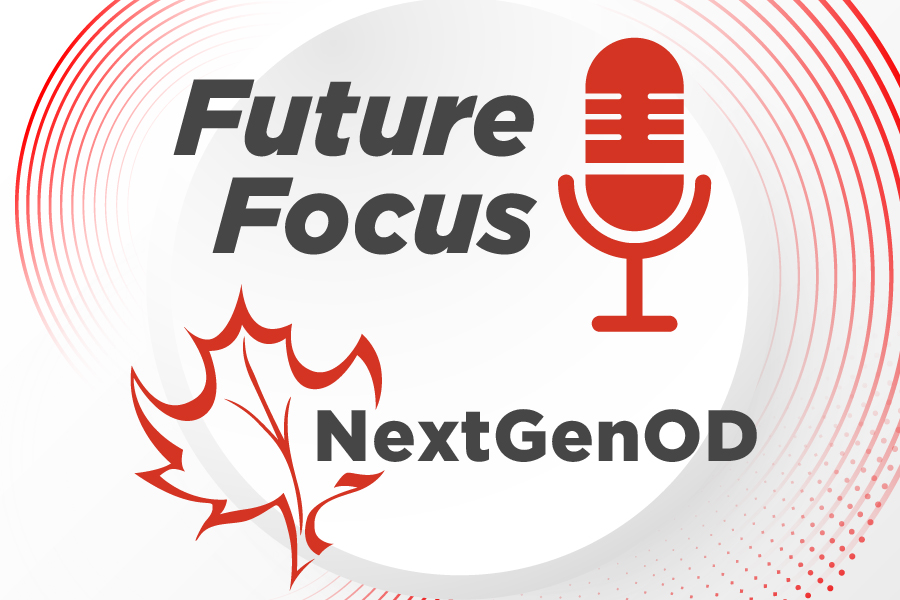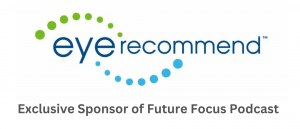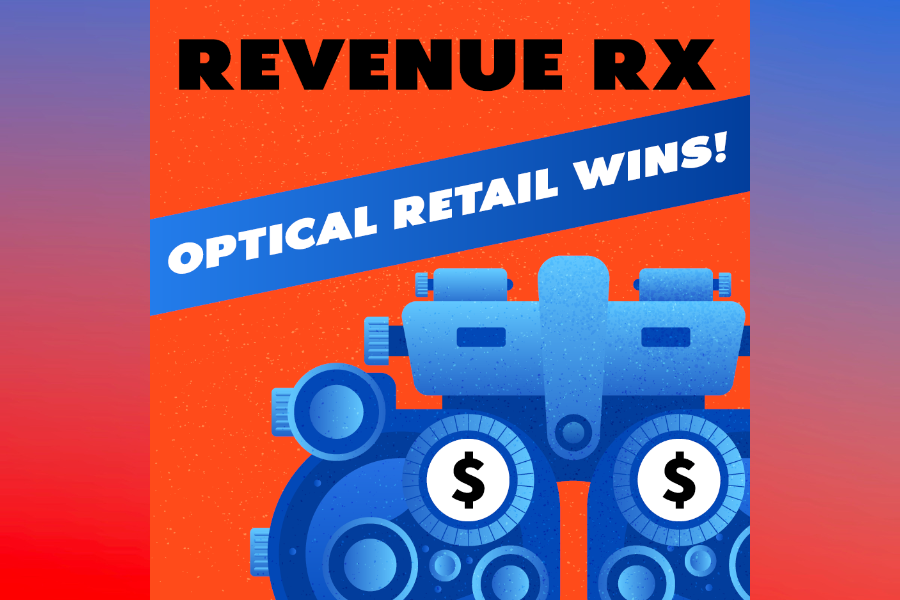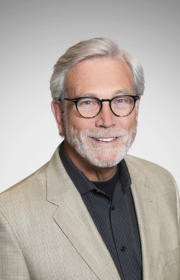
In this episode, hosts Dr. Amrit Bilkhu and Dr. Alexa Hecht chat with Dr. Amal Ahmed, owner of Beaumont Eye Clinic, about her inspiring journey from associate to practice owner in a thriving rural community. From purchasing a 30-year-old practice in Beaumont, Alberta, to transforming it into a dry eye specialty hub, Dr. Ahmed shares practical tips for navigating practice acquisition and building trust in a small town. This lively discussion is packed with advice for students and new grads eyeing rural optometry or independent practice.
Episode Highlights:
- Rainy Days, Big Dreams: Amrit and Alexa kick off with a fun chat about Alberta’s weather, setting the stage for Dr. Ahmed’s story of leaving Edmonton’s saturated market for Beaumont’s tight-knit community.
- From UK to Rural Roots: Dr. Ahmed recounts her optometry training in the UK, her return to a competitive job market, and the serendipitous opportunity to buy a retiring OD’s practice.
- Seizing the Moment: Learn how Dr. Ahmed turned a dated, 700-square-foot clinic into a modern practice with a three-week renovation, leveraging 30 years of patient records for instant trust.
- Smooth Transitions: Discover the value of a year-long handover with the retiring OD, ensuring patient loyalty through personal introductions and shared values.
- Rural Rewards: Explore the perks of rural practice—community support, multi-generational families, and collaboration with local MDs and pharmacists boosting medical eyecare demand.
- Dry Eye Done Right: Dr. Ahmed shares her strategic approach to introducing dry eye services, from building trust to creating a waitlist for IPL treatments with a 75% conversion rate.
- Growth Without Limits: Hear how word-of-mouth fueled a 4-5x growth in three years, leading to a new, larger location in a converted house—a unique rural opportunity.
- Advice for New Grads: Start saving early, ask tough questions about ownership timelines, and build relationships with retiring ODs to unlock practice-buying opportunities.
Listen now to uncover how rural optometry, smart planning, and community investment can launch a rewarding career, whether you’re a student dreaming of ownership or a new grad exploring your path!
Special Guest:
Amal Ahmed, OD, owns Beaumont Eye Clinic in Beaumont, Alberta, a small city south of Edmonton. Trained in the UK and with 17 years in optometry, she purchased a 30-year-old practice in 2022, modernizing it with a focus on dry eye care. Passionate about rural practice, Dr. Ahmed is expanding to a new location and mentoring students to embrace independent optometry. To connect with Dr. Amal Ahmed for questions about rural practice or ownership, contact her via Instagram at @beaumon.eye.clinic or through Beaumont Eye Clinic’s website, beaumonteyeclinic.com.
Your Hosts:
- Amrit Bilkhu, OD, FAAO, FOVDR
- Dr. Amrit Bilkhu graduated from the Illinois College of Optometry in 2019 and completed a Vision Therapy & Rehabilitation residency program at UC Berkeley School of Optometry in 2020. She is a fellow of the American Academy of Optometry and the Optometrists in Vision Development and Rehabilitation. Dr. Bilkhu owns her private practice, Northern Sight Optometry, in Vaughan, Ontario. In her spare time, she serves as a board member for Vision Therapy Canada, writes articles for optometry blogs, and shares her knowledge on her professional social media page.
- Alexa Hecht, OD
- Dr. Alexa Hecht obtained her Doctor of Optometry from the University of Waterloo in 2021. She currently practices at Bayview Vision in Toronto, Canada, where she enjoys seeing patients of all ages and has a clinical interest in dry eye disease and ocular aesthetics. Dr. Hecht has a significant social media following on Instagram and TikTok, where she aims to educate the public about the importance of eye health and clean beauty habits. She is passionate about inspiring and mentoring the next generation of optometrists.
Future Focus is proudly sponsored by OSI Group.
Future Focus is proudly sponsored by OSI Group—an organization dedicated to helping independent optometrists thrive. Acting as your behind-the-scenes partner, OSI Group provides mentorship, education, enhanced buying power, and opportunities to connect with industry experts and peers. With a nationwide community and innovative initiatives, it equips you with the tools and confidence to stay competitive while maintaining autonomy and prioritizing patient care. Learn how OSI can support your success at www.opto.com.
Sign up to the NextGEN OD Newsletter to get episode notifications and other updates from NextGEN OD Canada.
|
|













 Eye Recommend is a dynamic network of independent optometrists dedicated to providing personalized, comprehensive eye care. They offer outstanding career opportunities across various optometry specialties, along with signing bonuses, mentorship programs, and access to exclusive world-class events and education. With a vast network of experts and clinics nationwide, they empower optometry students and recent graduates to build successful and fulfilling careers.
Eye Recommend is a dynamic network of independent optometrists dedicated to providing personalized, comprehensive eye care. They offer outstanding career opportunities across various optometry specialties, along with signing bonuses, mentorship programs, and access to exclusive world-class events and education. With a vast network of experts and clinics nationwide, they empower optometry students and recent graduates to build successful and fulfilling careers.

